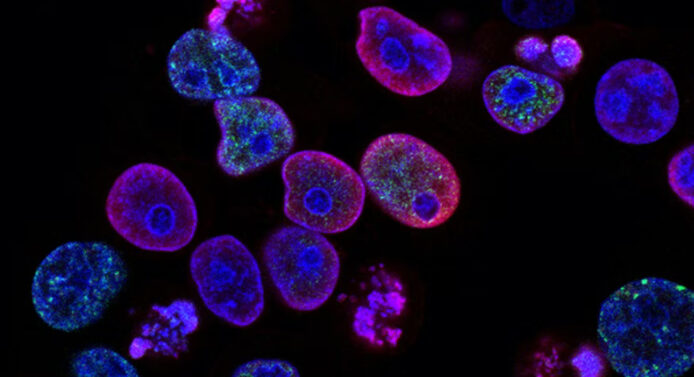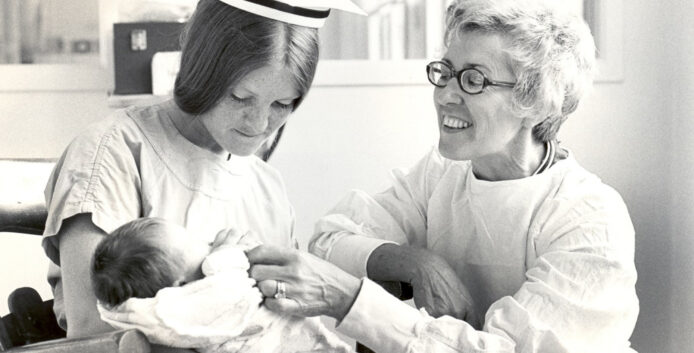Guardant Blog

FDA Advisory Committee Strongly Recommends Approval For Guardant Health Blood Test For Colorectal Cancer
Panel recommends approval of Shield as primary non-invasive screening option in adults aged 45 and older at average risk for the disease

Let’s Enter a New Era of Options for Colorectal Cancer Screening
Colorectal cancer is the second-leading cause of cancer death in the United States. Rates are rising in younger – and middle-aged individuals.

Patient Choice: A Critical Piece of Shared Decision Making
Colorectal cancer (CRC) is a leading cause of cancer death in the United States. However, it is also one of the most preventable and treatable cancers if detected early through screening

5 Misconceptions about CRC
Because of its widespread impact, it is important to be aware of some key facts – and misconceptions. Here are 5 common misconceptions about this cancer.

Health Equity in Clinical Trials: Patient Navigation Plays an Integral Role
Clinical trials are a critical step in developing new treatments and medications and a crucial tool for evaluating the safety and efficacy of existing treatments.

Why 80% in Every Community Matters
During my first semester in college, I took one of the most difficult exams of my life thus far. As my professor passed back our graded tests, he mentioned the average was 90%. But when he handed me my exam – my heart sank as I realized I received a 68% – a ‘D’. In a class of hundreds of students, I felt isolated, while most of my colleagues celebrated. Although the 90% average was an important way of representing the class data, it did not tell the whole story – particularly, the story of individuals such as myself who did not do well. This concept is not just seen in school – it can also be seen in other areas, such as in healthcare.

Cancer Screening by the PCP: Advanced Practice Provider or Physician?
Screening saves lives. The first conversation most people will have around screening is with a Primary Care Provider (PCP). Now, when you read or hear the words PCP do you think of a physician or another form of provider?

The Woman’s Impact on Colorectal Cancer Screening
March is a month to celebrate. A month to celebrate women and a month to celebrate the progress we have made in Colorectal Cancer (CRC) Screening. President Bill Clinton declared March as National Colorectal Cancer Awareness Month in 2000, while Congress declared March as Women’s History month in 1987.8,9 Today, we celebrate by looking at the evolving role of the Women’s Health Nurse Practitioner (WHNP) and its impact on CRC Screening, both of which are very near and dear to my heart. As a clinician, I provide healthcare to women where screening for colorectal cancer is a key preventive measure.

Can Social Media Find Cancer? One Click – One Life Saved
The average person will spend 5.7 years on social media during their lifespan. That means 2 hours and 25 minutes every single

Debunking 5 Myths Associated with Blood-Based Cancer Screening
Cancer screening tests are very different from hereditary cancer tests. To understand this clearly, we first need to understand the difference between a screening test and a diagnostic test. A screening test is usually done to detect diseases in individuals who do not have any symptoms.